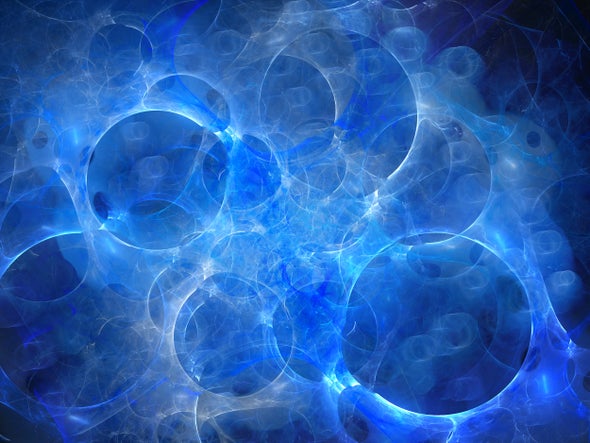Here are 10 recent observations that proved Einstein was right about the nature of the cosmos a century ago — and one that proved him wrong.
Read more from Live Science
Here are 10 recent observations that proved Einstein was right about the nature of the cosmos a century ago — and one that proved him wrong.
Read more from Live Science
Ionising radiation, such as gamma rays, X-rays and radioactive particles can cause cancer by damaging DNA. However, how this happens, or how many tumours are caused by radiation damage has not been known.
Read more at Science News
Read more at Science News
When this spin speeds up, something very interesting can happen. According to Einstein’s special theory of relativity, mass is a function of speed, with the speed of light as an upper boundary. Why is the speed of light an upper boundary? Because as anything approaches the speed of light, its mass increases to infinity
Read more at Plantaryphilosophy
 |
The idea that, if you zoom in far enough, you’ll eventually encounter a structure that repeats the initial pattern you saw on larger scales, is mathematically realized in the concept of a fractal. When similar patterns repeatedly emerge at smaller and smaller scales, we can analyze them mathematically and see if they have the same statistical characteristics as the larger structures; if they do, it’s fractal-like in nature. So, is the Universe itself a fractal?
The answer appears to be almost, but not quite. Here’s the science behind why.

Astronauts describe the emptiness and darkness of space far from Earth as a startling experience. So did the poet Rainer Maria Rilke, in a poem e-mailed to me by writer Dror Burstein. Without ever having ventured into space (obviously), Rilke wrote a century ago: “Night, shuddering in my regard, but in yourself so steady; inexhaustible creation, enduring beyond the fate of earth.”
Is there a modern scientific interpretation to Rilke’s poem?
The reality is that space in neither empty nor dark. Even outside galaxies, an astronaut could find at least one proton, on average, in every cubic meter. Also, one electron and half a billion photons and neutrinos, all left over from the big bang. Still, one might naively imagine that the space in between these particles is empty. Indeed, the early atomists in ancient Greece thought that the vacuum is literally nothing.
Read more at Scientific America